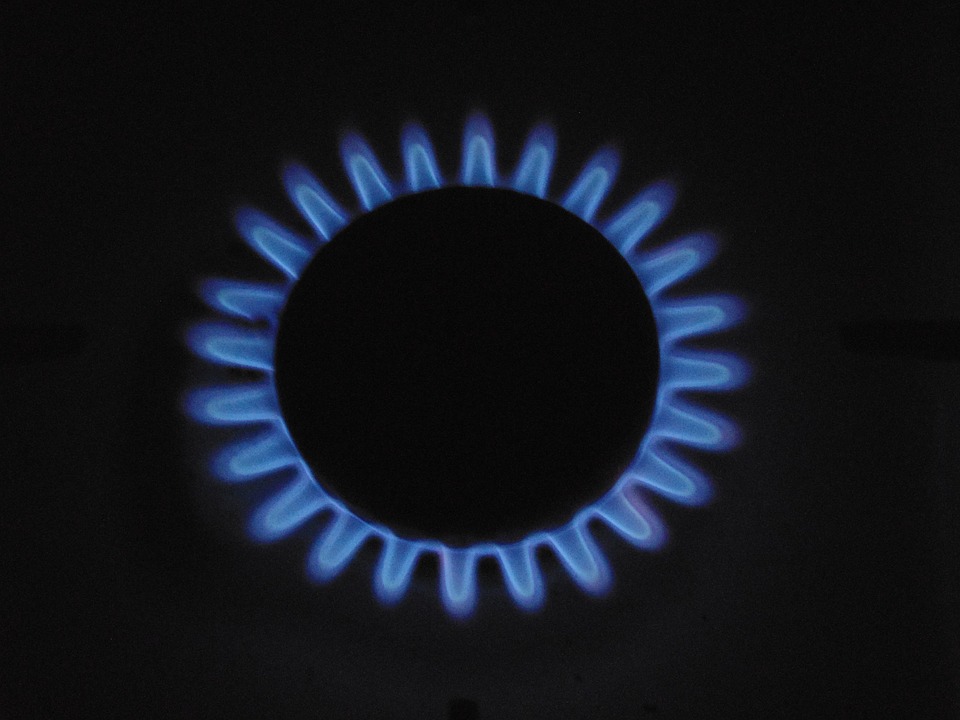Massachusetts Regulators Investigate Role of Natural Gas Industry in Achieving Net-Zero Emissions

The Massachusetts Department of Public Utilities opened an inquiry to examine the role of natural gas distribution companies in achieving the state’s 2050 climate goals. The move follows the Baker-Polito administration’s determination establishing net zero greenhouse gas emissions as the state’s legal emissions limit for 2050. The proceeding will explore strategies to facilitate progress toward the net-zero emissions energy future while safeguarding ratepayer interests and ensuring reliable natural gas service.
In June the Office of the Attorney General filed a petition requesting the department to open an investigation to assess the future of gas distribution companies’ operations and planning in light of the state’s target of net-zero emissions by 2050. The petition recommended that the department examine the gas distribution industry, regulatory, and policy changes required to achieve the mandated emissions limit and determine the necessary near- and long-term adjustments for a safe and reliable gas distribution system as the state transitions from fossil fuels to a “clean, increasingly electrified, and decarbonized energy future.”
In April, the administration issued its formal determination that it is appropriate to establish a net zero emissions target by 2050. The 2008 Global Warming Solutions Act requires the state to adopt a emissions limit for 2050 that is at least 80 percent below the state’s 1990 emissions level, as well as interim limits for 2030 and 2040.
The Executive Office of Energy and Environmental Affairs, in collaboration with the Department of Environmental Protection and Department of Energy Resources is currently assessing potential pathways to achieving the statewide net-zero emissions limit and is developing a 2050 Decarbonization Roadmap. The office is also preparing its 2030 Clean Energy and Climate Plan, a policy roadmap that is updated every five years from 2010 to meet the state’s emissions limits. Both the roadmaps expected to be completed by the end of this year will set forth additional policies that may impact ratepayers, distribution companies, and the gas industry as a whole.
The order requires the distribution companies to initiate a joint request for proposals to hire an independent consultant to study and examine the pathways to help achieve the goal. The consultant’s work will build on the aforementioned roadmaps, which will identify consistent and actionable strategies for the energy industry in the state’s path to reduce emissions. By March 1, 2022, each company must submit a proposal providing recommendations and plans to reach the 2050 climate goal.
The department will solicit utility and stakeholder input to craft a regulatory and policy roadmap that will guide the evolution of the gas distribution industry, while providing ratepayer protection and supporting the achievement of the net-zero goal.
EnerKnol Pulses like this one are powered by the EnerKnol Platform—the first comprehensive database for real-time energy policy tracking. Sign up for a free trial below for access to key regulatory data and deep industry insights across the energy spectrum.
ACCESS FREE TRIAL